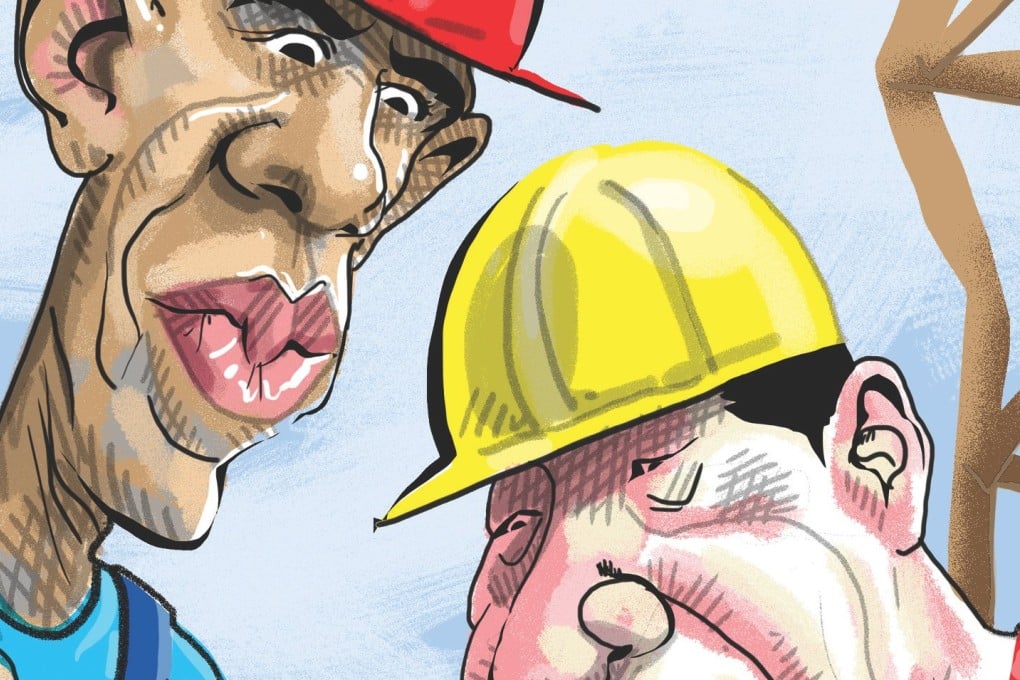Exclusive | Watching the signs: Can honesty and candour define Xi Jinping’s first state visit to the US?
David Shambaugh says given the real differences between China and the US on matters of national interest, expectations for any breakthrough during Xi's visit to Washington are decidedly modest

Chinese President Xi Jinping is paying an official state visit to the United States this week. Xi will visit Seattle and then proceed to the nation's capital before going on to New York for the UN's 70th anniversary session. This is Xi's seventh visit to the US, but his first state visit as China's leader. What should we expect?
Xi's visit comes at a time of heightened tensions in the Sino-American relationship. Strains have been increasingly evident since 2009, when President Barack Obama paid his first state visit to China, but they have intensified over the past year. Some seasoned observers have proclaimed the relationship to be at a "tipping point". While relations are not likely to go off a cliff, managing a primarily competitive and suspicious relationship is now the "new normal".
Tensions exist for real reasons - there is no magic wand that can be waved to reset the relationship to one of broad harmony. Those days are over (they ended in 1989). There are areas of mutual agreement and cooperation, to be sure, and the two sides are scrambling to highlight them at the summit - but their increasing differences will also be on full display when the two presidents meet on Thursday.
For observers of US-China relations around the world, what should we look out for during Xi's visit? The following 10 indicators will be telling:
1. What will be the overall tone of the summit?